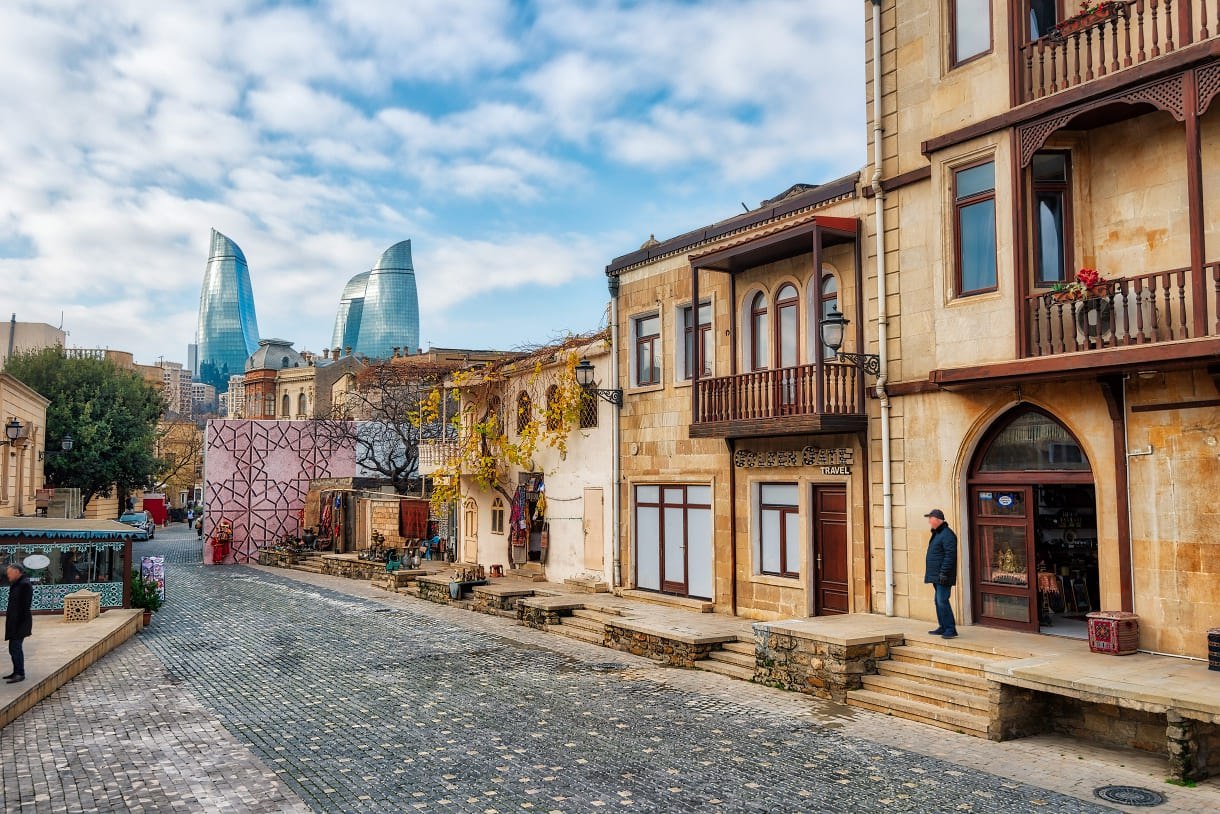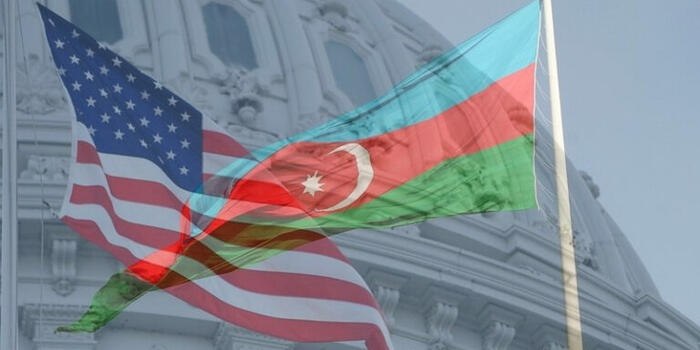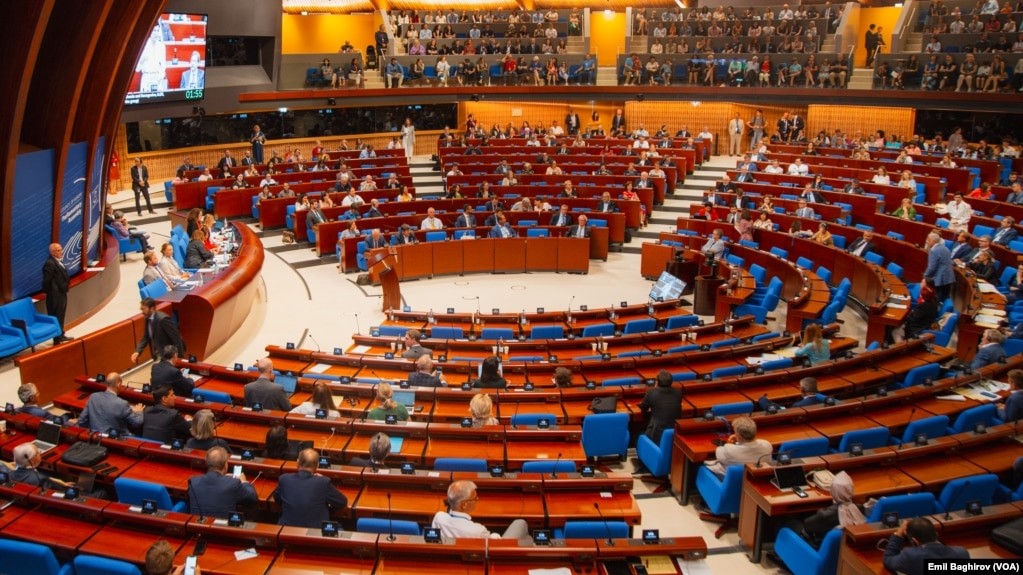
The West and the Armenian-Azerbaijani Conflict
On November 5, presidential elections will be held in the United States, where Democratic candidate Kamala Harris will compete against Republican Donald Trump. Additionally, a new chair of the EU Council is expected to be elected soon. The outcomes of these elections will shape the details of the relationships between the West (the U.S. and the EU) and the South Caucasus countries, as well as clarify the West’s position on the conflict between Armenia and Azerbaijan. Azerbaijani analysts believe that “the possible range of U.S. and EU engagement in the region is broad: from a lack of initiative (if Trump is elected) to yet another attempt to become the primary mediator in the region.”
- The European Council: “Georgia’s current course halts Eurointegration “
- “Baku wants Yerevan to acknowledge its hegemony” – Armenian political analyst
- “Time shows that Europe still does not understand the realities of Azerbaijan.” A perspective from Baku.
JAMnews presents an analytical article from the Center for Studies of the South Caucasus (CSSC):
What advice can be offered to the West (the U.S. and the EU)?
“The U.S. presidential elections will bring more clarity regarding Washington’s policy in the South Caucasus. The EU has already made appointments in the Commission, but the position of the chair of the EU Council remains vacant. By the end of the year, everything will be settled, and there will be clarity regarding the extent of EU involvement in relations with Azerbaijan and Armenia. The possible range of U.S. and EU engagement in the region is broad: from a lack of initiative (if Trump is elected) to another attempt to become the primary mediator in the region.
To offer advice to the U.S. and EU, it is necessary to consider the current state of these actors in the negotiation process and their position. After the 44-day war, the U.S. and EU had opportunities to become full and effective mediators. However, due to an Armenia-centric approach, all mediation efforts have not yielded positive results.
This Armenia-centricity has manifested in:
- The Granada statement signed by the chair of the EU Council, the President of France, and the Chancellor of Germany;
- The summit on April 5 in Brussels, where a decision was made to provide institutional support to Armenia from the EU and the U.S. in financial and political terms;
- Military support for Armenia from the EU and the U.S.
Nothing serious has been done regarding Azerbaijan. The West only remembered the priority of the principle of territorial integrity after September 2022, following clashes along the conditional border when the issue became relevant for Armenia. The West aimed to take charge of the Armenians in Karabakh, creating an obligation for Azerbaijan not to use force against the remaining Armenian armed forces in Karabakh.
Against the backdrop of a blank check issued to Armenia by the U.S. and EU, financial assistance to Azerbaijan has been limited, to put it frankly, microscopic. Although the war took place on Azerbaijani territory, the mined areas and all destruction are located in Azerbaijan.
The involvement of the U.S. and EU in the processes between Azerbaijan and Armenia also has a Russian context—officials from the State Department and the EU openly state that their goal is to reduce Russia’s influence in the region.
What results have been achieved?
The only success in this direction has been the withdrawal of the Russian military contingent from Azerbaijan, where the West played no role. After Azerbaijan, Armenia was able to limit Russia on its territory, along the border with Azerbaijan. Economically, Russia has gained even more.
The desire for a quick peace agreement between Azerbaijan and Armenia from the U.S. and EU also does not inspire confidence in Baku. Given the stated goals of the U.S., which include supporting Armenia, aiding the Armenians of Karabakh, and negotiating a peace agreement, the point “assistance to Armenia” has already been fulfilled. If Azerbaijan agrees to a peace treaty in its current half-hearted form, as the West desires, what guarantees are there that the issue of Armenians in Karabakh will not resurface immediately after the peace treaty? Especially since responsible diplomats from the EU (as per Klaar’s interview) and the U.S. (who are still reviewing the results of investigation groups) will isolate the topic of Armenians in Karabakh from the broader humanitarian context of the conflict.
As a result, Azerbaijan demands amendments to Armenia’s Constitution to eliminate any theoretical basis for a future revanchism in Armenia.
Thus, the main advice to the U.S. and EU after these upheavals may include the following steps:
- After the resignation of Charles Michel, the EU could disavow the Granada statement and demonstrate that Michel’s signature represents his personal opinion, not the EU’s position;
- The U.S. State Department could provide a conclusion regarding the events in September 2023 in Karabakh, stating that there are no grounds to classify the outcome for Armenians as ethnic cleansing;
- The U.S. and EU could create a post-conflict recovery fund to provide assistance to Azerbaijan in restoring Karabakh and to the Armenian government for resettling Armenians from Karabakh in Armenia. Assistance in transportation infrastructure could also be offered in the context of preparing for unblocking.


